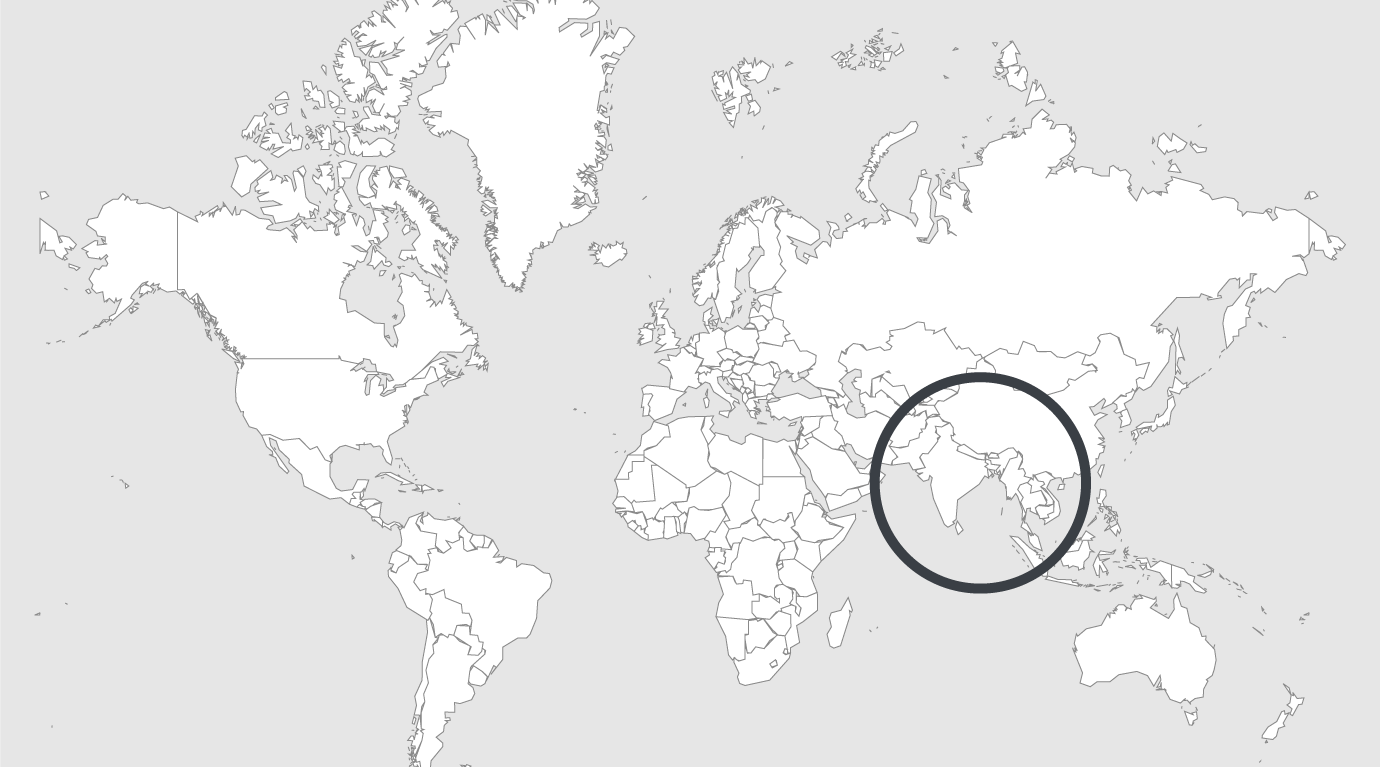
Explore
Myanmar: they documented a massacre. Their prize is a prison cell.
YANGON, Myanmar — Once a week, the two Reuters reporters are shuffled out of their prison cells in Yangon, Myanmar, loaded into the back of a police truck and driven to a nearby courthouse.
Wearing handcuffs, the reporters, U Wa Lone and U Kyaw Soe Oo, hear one or two witnesses testify against them on the charge of violating Myanmar’s Official Secrets Act. Then they are taken back to their cells in Insein Prison, where they wait for the next week’s hearing.
The grim ritual, in its third month, will happen again this Wednesday, when the judge in the case, U Ye Lwin, is scheduled to rule whether the prosecutor has presented sufficient evidence for the case to go to trial. It would be unusual if he sided with the defense.
The two journalists, who were investigating a massacre of 10 Muslim Rohingya men in Rakhine State, face up to 14 years in prison under the British colonial-era secrets act.
The massacre in Inn Din village that the two brought to light occurred in September during violent attacks on Rohingya Muslims by Myanmar’s military and local Buddhist mobs, driving hundreds of thousands of refugees into Bangladesh in what is broadly seen as calculated ethnic cleansing.
The Reuters journalists were arrested Dec. 12 after they left a northern Yangon restaurant where they met with two police officers, who handed them some rolled-up papers. Human rights groups have accused the police of entrapping the two journalists by handing them the documents. The reporters’ lawyers say they never had a chance to look at them.
This is the method of Myanmar’s judicial system, where speed and fairness are not necessarily the goal.
“It is not a just system,” a lawyer for the journalists, Khin Maung Zaw, said during a recent break in the court proceedings.“There are many obstacles.“
The case has highlighted the suppression of free speech in Myanmar under the government of Daw Aung San Suu Kyi, the state counselor and Nobel Peace Prize laureate. She has yet to speak out on behalf of the Rohingya, and has instead blamed “terrorists” for an “iceberg of misinformation” about the crisis in Rakhine.
During the 15 years she spent under house arrest by the country’s military rulers, her plight was widely covered by the same international news media that her government now seeks to punish. Many top officials in her government also were political prisoners during military rule.
But today, efforts to suppress criticism of the government have blossomed under her party, the National League for Democracy, including through the use of a harsh criminal defamation law that targets online speech.
Two of Ms. Aung San Suu Kyi’s top appointees have enabled the prosecution of Mr. Wa Lone and Mr. Kyaw Soe Oo. Shortly after they were arrested, the country’s president at the time authorized the police to proceed with the case. The attorney general, a former military officer, oversees the prosecution.
Not everyone in the National League for Democracy favors such harsh treatment.
U Nyan Win, secretary of the party’s central executive committee, said in an interview that the charges against Mr. Wa Lone and Mr. Kyaw Soe Oo should be dismissed because they never reported on any official secrets. He recommended that the journalists appeal to the Supreme Court to quash the proceedings.
“By law, they have not committed any offense at the time they were arrested,” he said. “They had not released any information about the news they collected. They have not committed any offense.”
Human rights advocates here and abroad have expressed concern about the growing crackdown on free speech by Myanmar’s government.
In October, two ethnic Kachin Baptist community leaders, Dumdaw Nawng Lat and Langjaw Gam Seng, were found guilty of unlawful association and sentenced to 27 months in prison after they helped reporters document damage from military airstrikes near a Catholic church in the eastern state of Shan. Mr. Dumdaw Nawng Lat got an extra two years for defaming a military officer.
Last month, a former child soldier, Aung Ko Htway, 27, was sentenced to two years of hard labor after he described in an interview with Radio Free Asia how the military abducted him at 14 and forced him to serve as a soldier for nearly a decade. He was prosecuted for circulating information that could cause public fear or alarm.
Read full article.
